Acute renal failure during marathon
Bai Chay Hospital has just received treatment for 2 patients with electrolyte disorders and acute kidney failure due to dehydration after strenuous activity.
The two hospitalized cases are patients L.D.T. (44 years old, living in Ha Long) and D.VH (35 years old, living in Thai Nguyen ).
Two patients who participated in the marathon experienced fatigue, difficulty breathing, vomiting, cramps, and limb spasms and were taken to Bai Chay Hospital for emergency treatment.
Blood test results showed concentrated blood, increased liver enzymes, and acute kidney failure. Doctors actively treated the patients with intravenous fluids and nutrition. After 48 hours, the patients' health recovered well, kidney function stabilized, and they were discharged from the hospital.
Two patients with electrolyte disturbances and acute kidney failure due to dehydration were treated at the Department of Dialysis and Nephrology, Bai Chay Hospital (Photo: Provided by the hospital).
BSCKI Luong Minh Tuyen, Deputy Head of the Department of Nephrology and Dialysis, said: "In hot weather, the body will lose a lot of water, circulating volume will decrease, leading to a decrease in blood flow to the kidneys and other organs.
Clinical manifestations include headaches, dizziness, cramps, and convulsions in the limbs... More dangerous are complications of acute kidney failure, heat shock, coma, and possible death."
In particular, acute renal failure or exertional heat stroke often occurs in young, healthy people, occurring after exposure to high environmental temperatures, and also due to heat generation during exercise or exertion, and especially in non-professional athletes participating in marathons.
Heat stroke damages multiple organs including the central nervous system, respiratory system, circulatory system, liver, kidney and hematology system, causing rapid multiple organ failure if not treated promptly, even death.
Patients hospitalized due to mild heat can be treated with fluid and electrolyte replacement to avoid acute kidney failure. Severe patients with heat stroke may require dialysis and intensive care.
Acute renal failure or exertional heat stroke is common in young, healthy people, occurring after exposure to high ambient temperatures, as well as due to heat production during exercise or exertion, and especially in non-professional athletes participating in marathons.
Principles of health protection in hot weather
It is forecasted that there will be many prolonged periods of high temperatures in the coming time. Therefore, to prevent the dangerous effects of heat on health, doctors at Bai Chay Hospital recommend:
- People should avoid strenuous physical activities, especially in hot weather, and limit going out during high temperatures from 10am to 5pm.
- When working or doing strenuous activities in hot environments, the body will react by increasing sweating to cool the body, causing dehydration and electrolyte imbalance. If not compensated promptly, it will lead to a decrease in circulating volume, causing cardiovascular collapse, severe electrolyte disturbances that can cause death.
Another risk factor is that high body temperature will disrupt the functioning of many organs such as the cardiovascular, respiratory, and nervous systems...
Therefore, people need to provide enough water for the body every day, every hour to compensate for the loss of water. Especially those who work outdoors may need to compensate for 3-4 liters of water and should supplement electrolytes to avoid complications of acute kidney failure due to dehydration.
- Increase nutrition, eat more fruit or drink fruit juice to ensure enough vitamins and increase the body's resistance.
- Workers or those moving outdoors must be fully equipped with labor protection and measures to protect against the heat.
- Limit the fan blowing directly on people, especially for young children. If using air conditioning, keep the temperature at 28-29 degrees and limit sudden changes in the environment from inside the air-conditioned house to outside in the hot sun, or vice versa.
- If a person is found to have heatstroke, take the patient out of the sun, place them in a cool, shady place as soon as possible, loosen their clothes, apply cold compresses, give them water or orezol... and immediately transfer the patient to the nearest medical facility to avoid risks and serious complications due to dehydration and electrolyte loss.
Source: https://dantri.com.vn/suc-khoe/2-nguoi-suy-than-cap-khi-chay-marathon-giua-troi-nang-nong-20250603162930751.htm


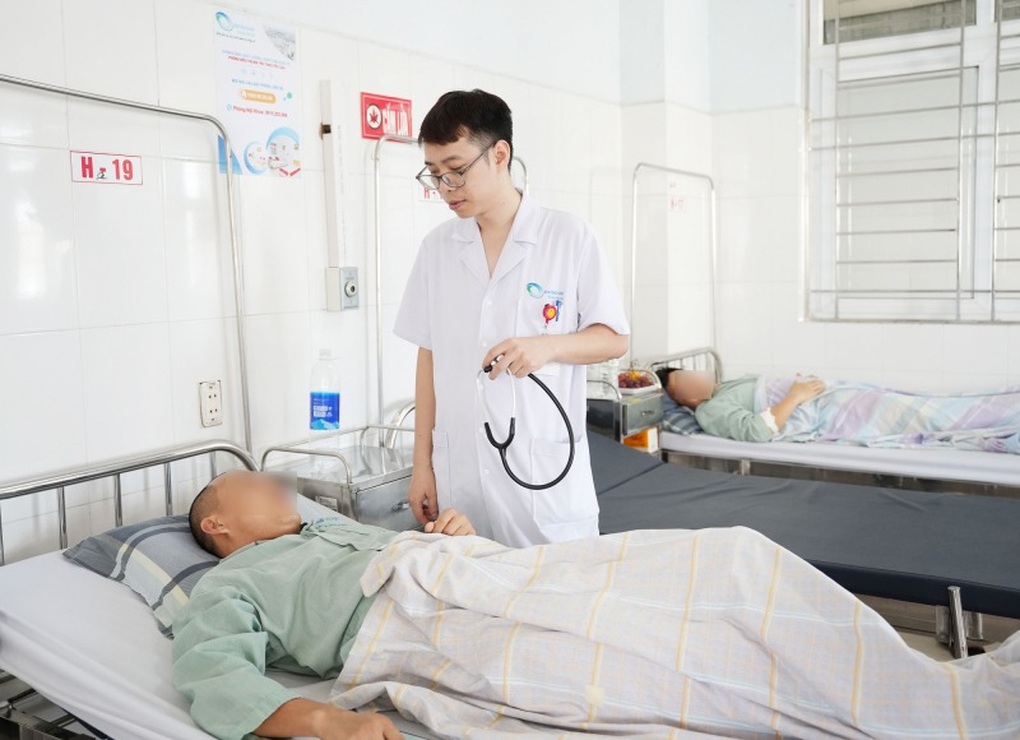








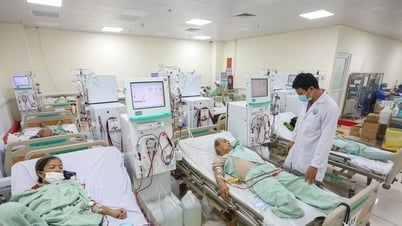

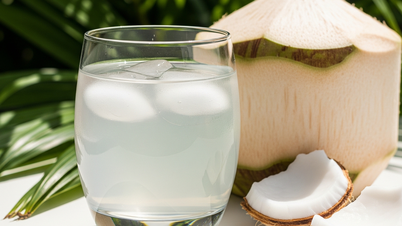






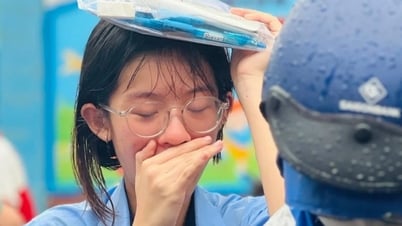








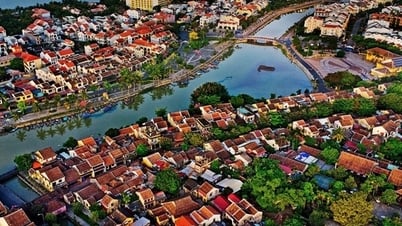





























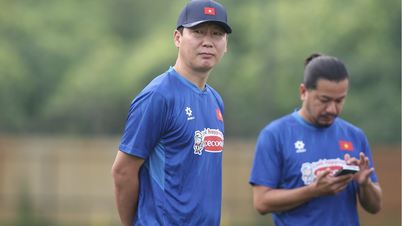
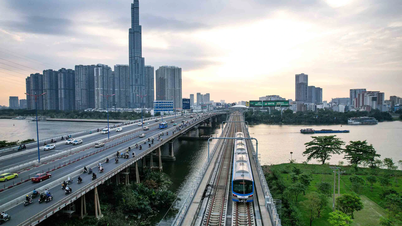
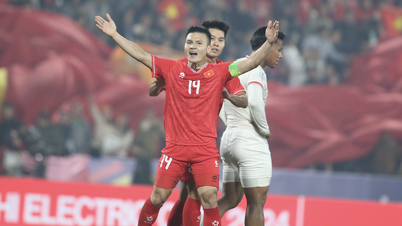




















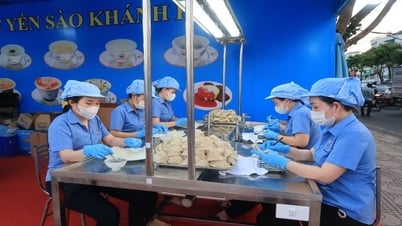











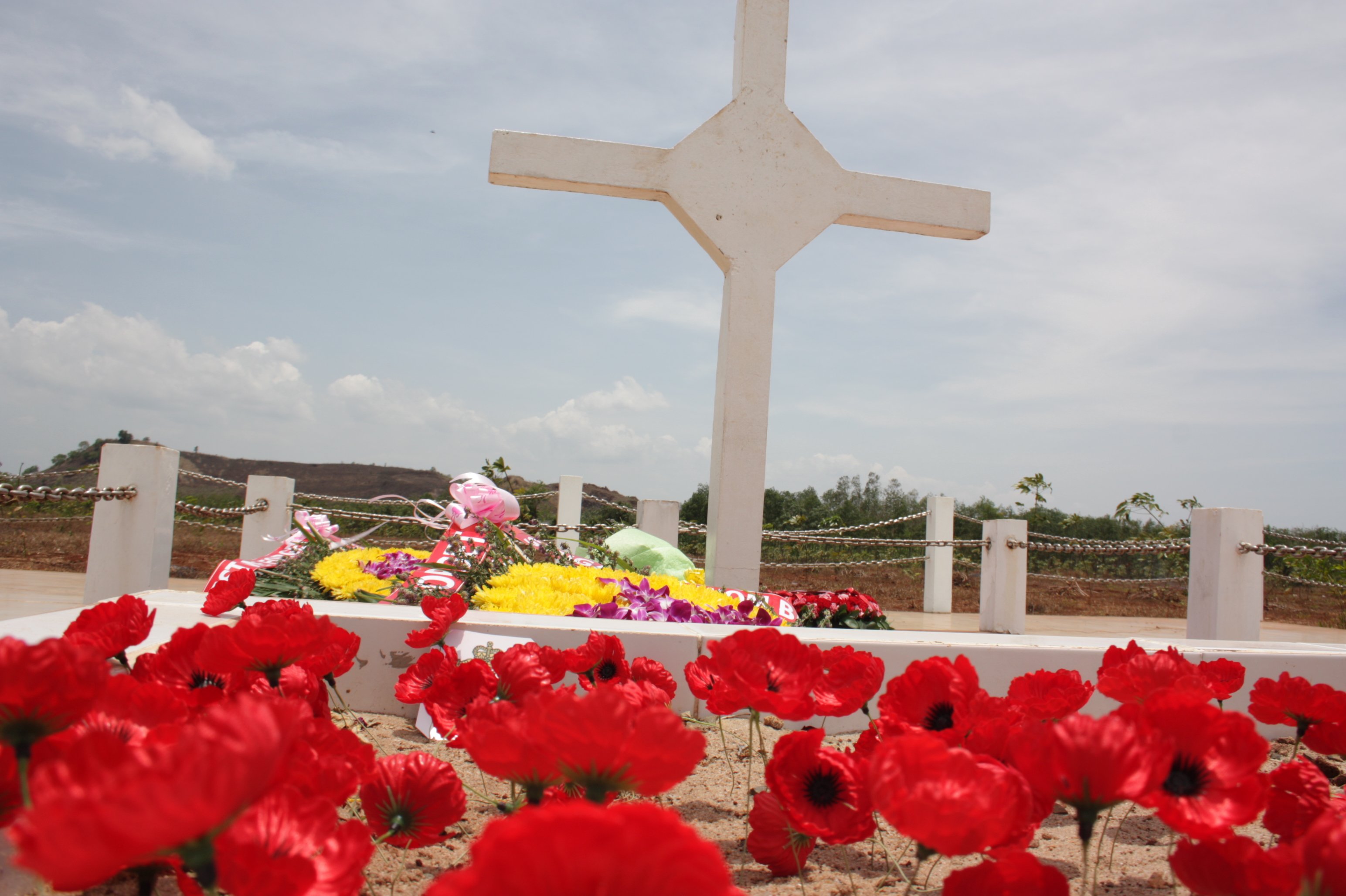
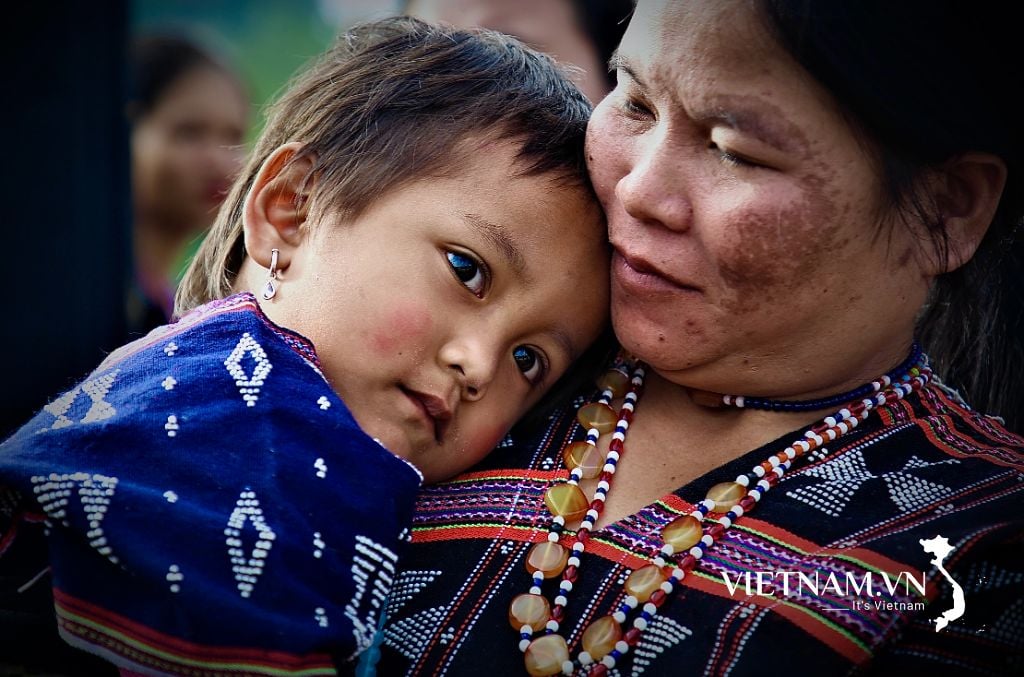
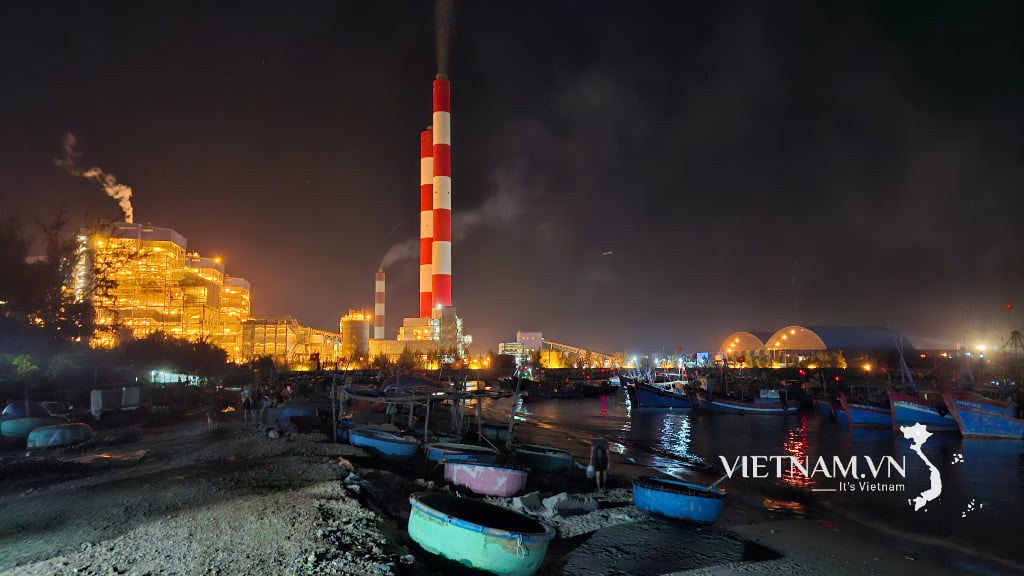

Comment (0)